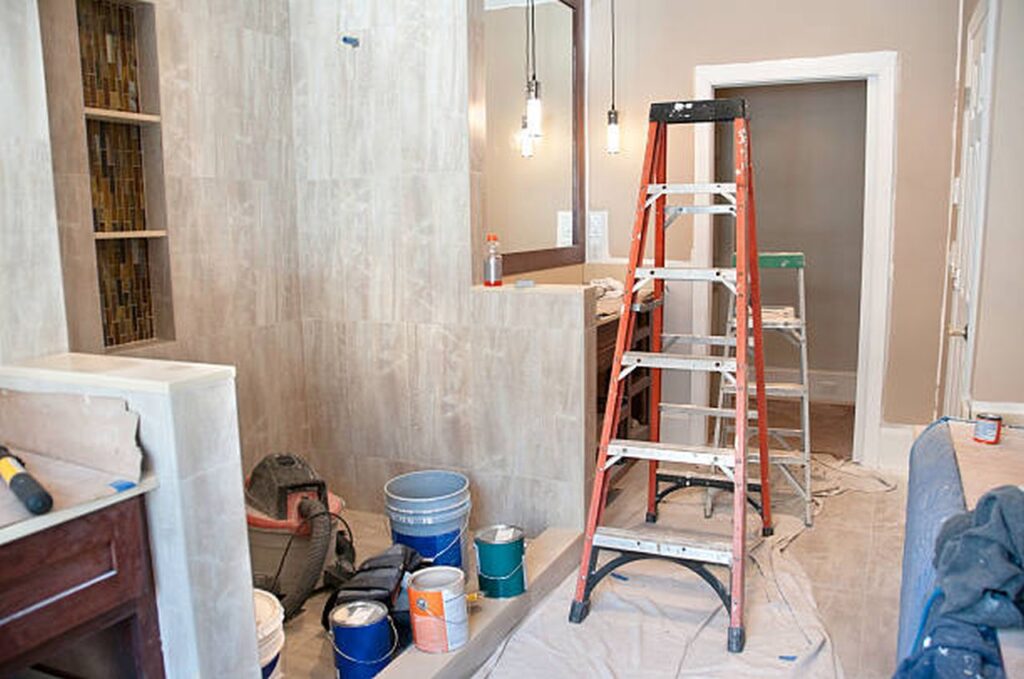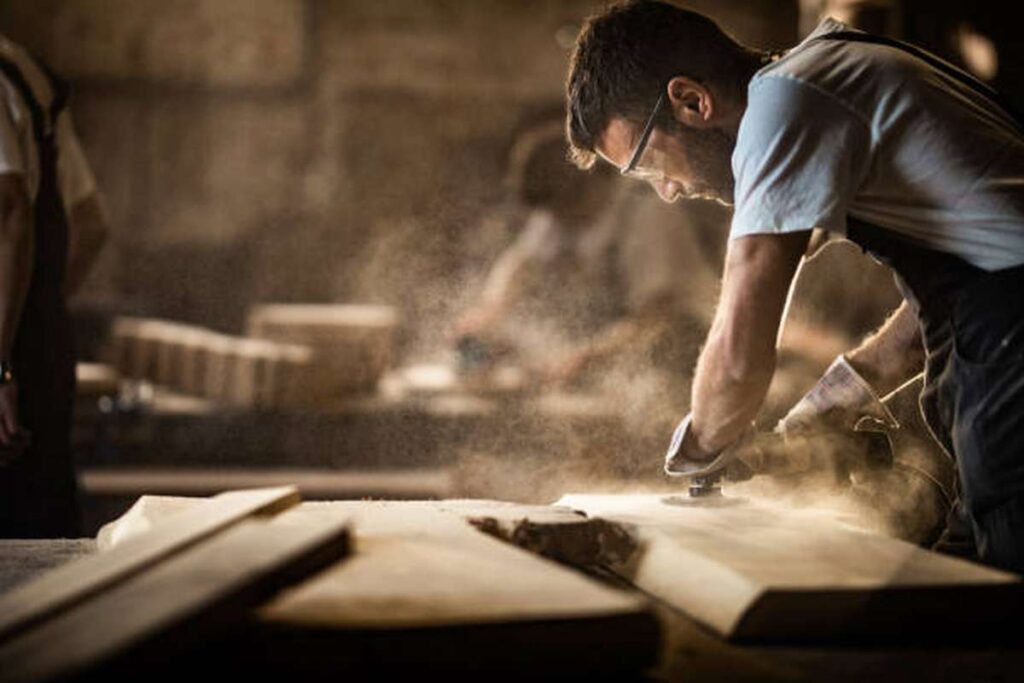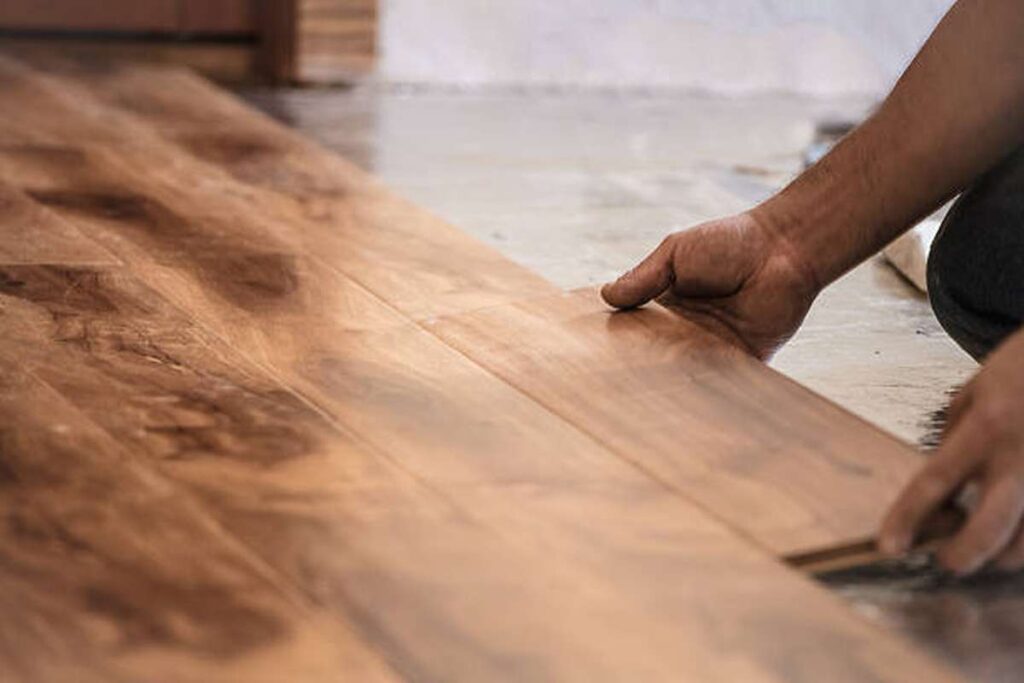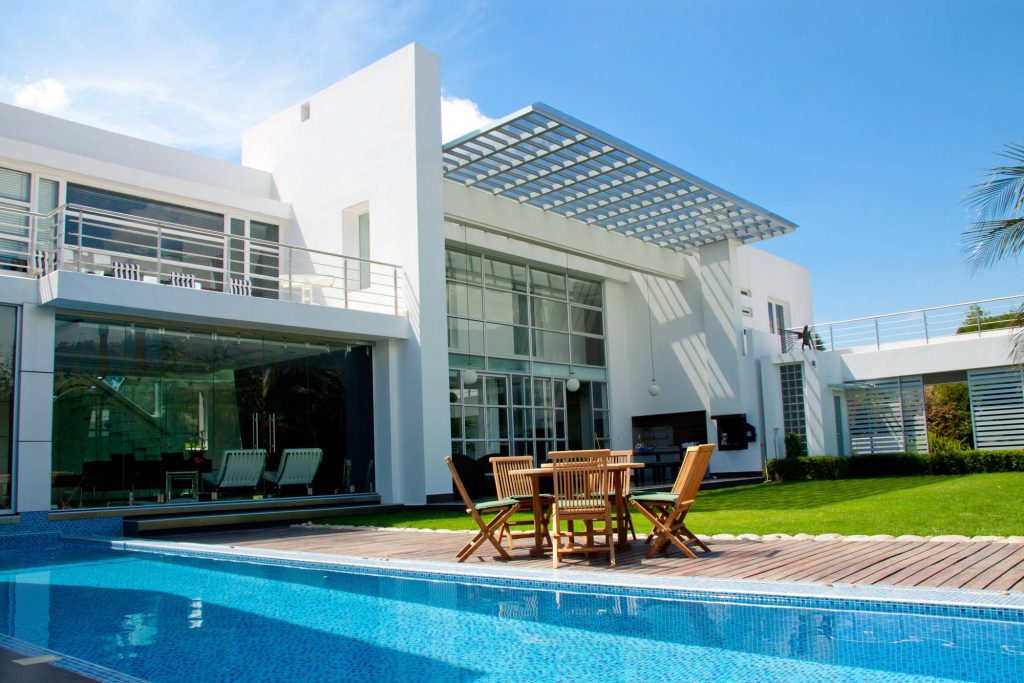Many would-be homeowners wonder if they will incur significantly more expenses and headaches by opting to build their own home rather than purchasing one already on the market.
The truth is that, depending on the specifics, each outcome may have benefits or drawbacks. Whether you're considering constructing a new house from the ground up or buying an existing home, this post will help you weigh the pros and downsides of each.
Estimated building costs, insurance concerns, design options, and more will all be discussed. Whether you're debating whether to build from scratch or improve an existing structure, this article has all the information you need to make an informed choice.
The Prebuilt Homes
Prefabricated or prebuilt houses include modular & manufactured dwellings. Manufactured homes are constructed at a factory and then transported to their final locations via truck (as single, double, and triple wides). Prefabricated sections of a modular house are assembled at the final location. Rooms, parts, or individual walls can all be constructed separately and assembled into a house.
The Benefits Of Pre-Built Homes
There are benefits to purchasing a prefab house if you are in the market to build:
- The price per square foot is lower.
- There will be less of a wait to move in.
- Modular dwellings allow for some personalisation.
Prefabricated houses often have fewer construction costs than site-built or custom-designed houses. Whenever a product is manufactured using an assembly line, labour costs are reduced. Builders can save you money by purchasing materials in bulk and reusing scraps from previous builds.
By the National Association for House Builders, the average price of a prefabricated house is roughly $76 per square foot (not including the price of the land on which to build). Some manufactured homes cost as little as $50 per square foot to build, while other, more luxurious modular homes can cost just over $200 per sq foot. These houses often cost 10-20%, as little as a similar custom build.
Disadvantages Prebuilt Homes
Not everyone is suited to living in a prefab. Among the many drawbacks are the following:
- A mortgage plus a home-building loan makes securing finance more difficult.
- The value of manufactured homes could decrease with time.
- The public's impression of modular homes could hurt their resale value.
- Many utility hookups, land prep, septic systems, etc., should all be factored into the final pricing.
- Manufactured homes have severe constraints on personalisation, floor designs, and space footage.
- Some governments and localities have zoning restrictions for pre-built houses due to covenant restrictions.

Custom Buildings
Custom-made houses are excellent choices for anyone in the market for a new residence. It costs more to have a house built specifically tailored to you and your family, but just like a custom suit, you end up with exactly what you want. Much like any other type of house, there are pros and cons to having a custom home constructed on your lot.
Custom Home Disadvantages
Not everyone can afford a custom-built house. Some potential drawbacks include the following:
- More time is needed to construct.
- Many choices to make.
- Expenses are higher per square foot initially.
According to Home Advisor, the typical cost of a custom home is between $100 and $400 per square foot (this does not include the cost of the lot). The estimate your builder gives you will be far more accurate. And you get to decide how much money you spend and what kinds of materials you utilise. Building a custom house doesn't have to break the bank.
In most situations, when you commission a custom home, the builder will work on yours alone. Your contractor will obtain materials for your job exclusively. As the buyer, you are the main focus of attention.
Benefits Of Custom Homes
A custom-built house is a perfect solution for certain people. Some of the benefits include:
- Get your heart's desire.
- Possible savings if you avoid having to make costly changes to the house down the line or sell it and buy a new one to meet your needs.
- By delaying the need for expensive assisted living facilities, costs can be avoided if the universal design is implemented.
- You can put up a structure anywhere you like.
- Take complete charge of the resources and standard of output.
- Make your one-of-a-kind garden.
- Choose from the unique gadgets and amenities you need.
- You can save a lot of money on energy in the long run by adopting eco-friendly practices.
- Let yourself experiment with different aesthetics.
- Enjoy the sense of accomplishment and the warm fuzzies that come from calling a home you helped build your own.
Those who desire to construct a new dwelling might do so in various ways. To avoid unpleasant shocks down the line, it's important to do your homework in advance and weigh the short-term and long-term costs.
Whatever you select, we wish you the best of luck in finding the perfect home for your family.
What Exactly Does It "Cost" To Buy A Pre-Built Home?
- Lack of privacy - prefabricated houses are typically constructed in communities with smaller lots and closer neighbours. Do you mind sharing some personal information? Furthermore, such communities frequently have HOAs (homeowners' associations), which can be pro-maintaining common areas, society pools, etc. The drawback of living in an area with an HOA is if or when the HOA becomes a tad too "Big Brother," overly restricting the choices of individual homeowners, including the parking of vehicles, the choice of exterior paint colours, and the placement of leisure equipment or exterior ornaments.
- The Ideal Floorplan - Pre-built houses in such a given development is typically based on only a few basic architectural plans, with small tweaks to external elevations. Your home may look identical to other homes in the area, and also the layout might not be the optimal one for your family.
- Prefabricated houses typically have builder-grade appliances & fixtures installed. The paint, flooring, and fixtures in a builder-selected package are typical of average quality and are packed together. After you've moved in, you'll be able to make any changes to the house that are your own.
- Building a bespoke house allows you to prioritise the features that are most important to you. If you prefer to work at home, you may want to design your floorplan with a sizable office space, something you may have to make do without in a prefabricated house.
- Control over Major Choices – When purchasing a prefabricated house, the builder has complete control over most design aspects. When purchasing a custom-built house, the buyer has more say over the allocation of funds and the order in which upgrades are installed.
- There may be more than one builder available in a given development. When you commission a custom house, on the other hand, you get to select the contractor yourself after doing your due diligence.
Sheffield Homes, established in 1978, is a local construction company committed to building homes to the highest standards of quality and integrity. Sheffield is both large enough to have the expertise to put customers at ease and small enough to treat each customer individually. The Colorado-based and client-focused Sheffield Homes.

The Material Quality Used In Custom Houses
High-quality building supplies are essential to the success of any custom house design. They're crucial to building anything sturdy.
Depending on the desired outcome, builders can choose from a wide range of excellent materials. The aesthetic value of wood, for instance, can be balanced against the practicality of concrete and cement. Selecting high-quality materials guarantees long-lasting, beautiful, and financially rewarding results.
Before selecting the construction materials, keep in mind the following:
Longevity Vs. Expenses
Many people's first thought when developing a house plan is how much it will cost to get started. But remember to factor in the ongoing expenses that may arise from keeping your house in good condition. In the long term, it may cost more to replace cheap materials that you initially saved money on.
The durability of low-quality materials is likely to be diminished with time. Materials that are expensive and energy-efficient are worth the investment because of the savings they can provide.
Heavy-Duty Capability
Always think about the weight of materials and the structural system that would support them when making material selections for a construction project. Large construction projects that often use heavy materials would benefit greatly from this consideration. Get expert advice on whether or not the materials you want to use are safe and stable.
Enhanced Energy Efficiency
Energy efficiency ought to be among your first concerns when designing a home. It's a sad reality that many low-cost construction materials also have low energy efficiency. Use your home's electrical system as an illustration. Does it have good insulation? The alternative is monthly energy and financial waste.
Simple To Maintain
Choose materials that are easy to manage and keep in good condition. A building's kerb appeal can be preserved with regular maintenance over time. Environmentally friendly construction materials typically require less upkeep than conventional, low-cost construction materials.
Investigating the durability and quality of a material used in construction is important because it increases the building's resale value.
When constructing a house, numerous factors must be carefully considered. Yet, selecting an expert home builder is the best way to guarantee that everything goes according to plan and that you get the house you've always wanted.
If you're considering constructing a house, it's a good idea to do some preliminary investigation and consult with multiple contractors. Informed judgements on your new house are possible thanks to this.

Frequently Asked Questions About Home
What is the difference Between A Custom Build And A Project Home?
Volume Or Project Home Builders Are Large Companies That May Construct Hundreds Of Homes Per Year From A Set Catalogue Of Designs. Custom Builders Are Usually Smaller Companies That Build Homes Specifically Designed For The Client, And Might Only Complete A Handful Of Projects In The Same Period.
Are Custom Builds More Expensive?
Custom Homes Tend To Cost A Bit More Than Comparable Prebuilt Homes. In This Post, We'll Cover The Differences In Price Per Square Foot And Some Of The Reasons Behind The Differences, As Well. Each Type Of Home Has Advantages And Disadvantages.
What Is Pre-Built In Houses?
Prefabricated, Or “Prefab,” Homes Are Manufactured Piece By Piece In An Off-Site Factory, Transported To The Home Site And Assembled On The Homeowner's Property. For many, Prefab Homes Are A Fast And Affordable Way To Build Sustainable Housing.
What Is The Difference Between Modular Construction And Prefabrication?
Prefab Is Any Construction Process That Does Not Take Place On-Site, While Modular Construction Specifically Consists Of The Building Of Repeated Sections Called Modules Being Built In The Factory And Then Assembled On Site.
Is Custom Build Cheaper?
On Average (Per HomeAdvisor), The Savings Can Be About 15% Or Possibly 20-30% In Some Cases For Comparable Homes. Of Course, The Exact Cost Per Square Foot Of A Particular Home Depends On What Materials You Use, The Cost Of The Land, How Complex The Build Is, As Well As A Variety Of Other Factors.

